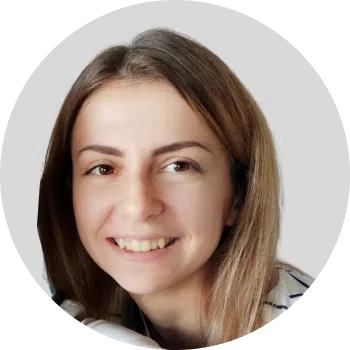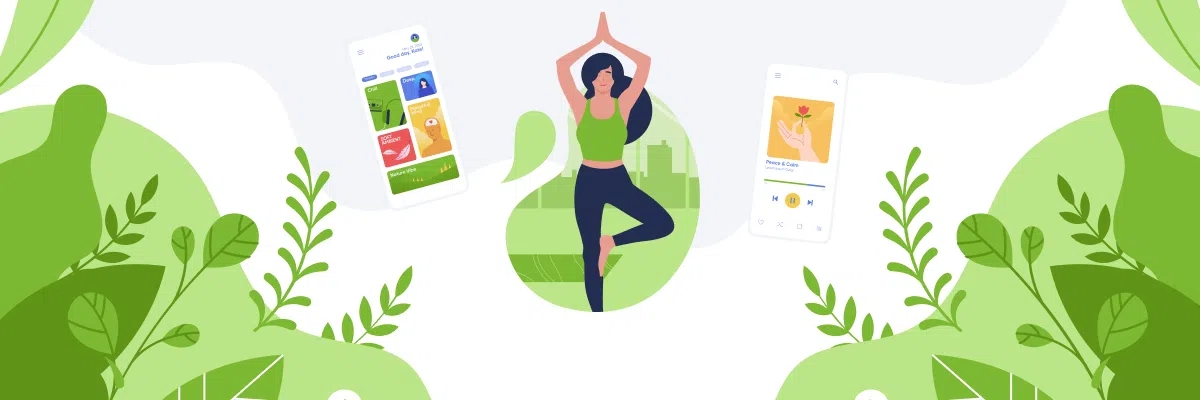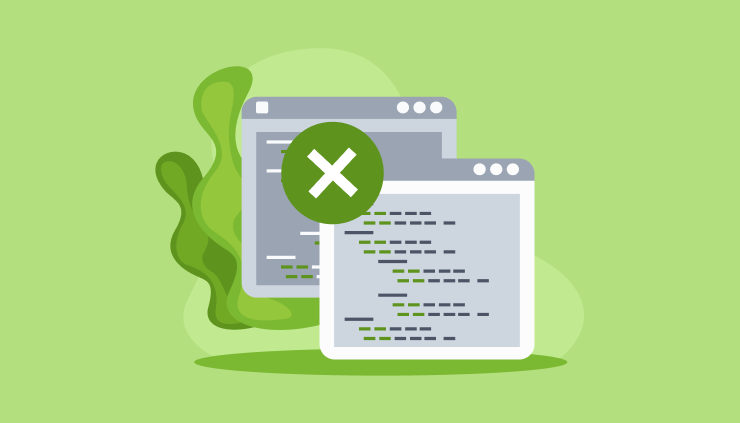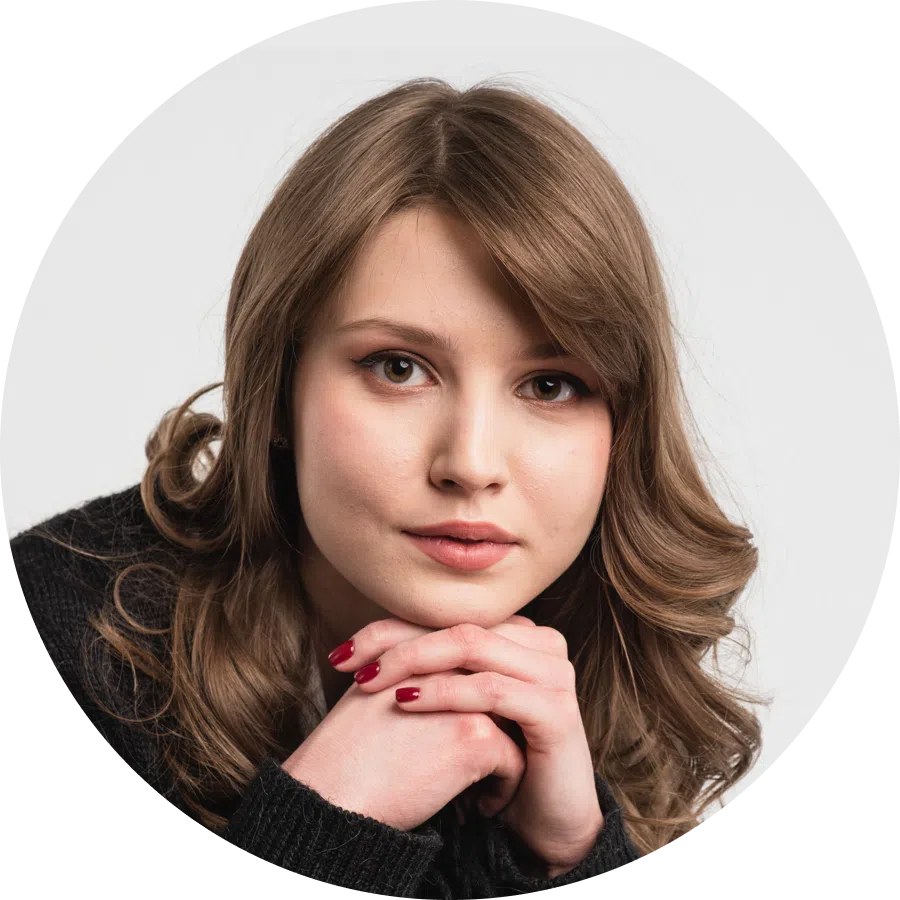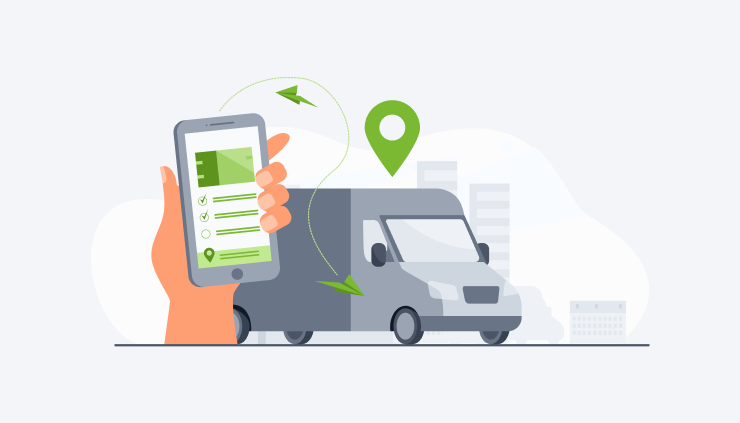Mental Health Application Development
A stable mental and psychological state is the basis of human health. Throughout existence, mankind has suffered from the symptoms of mental disorders and illnesses, but recognizing and identifying depression or increased anxiety is more difficult than, say, a cold. In addition, only in recent years have people begun to pay attention to their mental health, along with physical health. This shift in healthcare priorities has been driven by multiple challenges, from the Covid-19 pandemic to Russia's war against Ukraine. Traumatic experiences cannot be omitted or are often self-reliant, so it is important to have access to professional mental health tools to deal with the consequences of problems. The response of the IT product market has been the emergence of various mental health applications. How to create such a program and what their features are will be viewed below.
Market Review
2021 was marked by the fact that mental disorders entered the TOP-3 of the most dangerous health problems. That was facilitated by both world events related to the epidemic and economic stagnation, and increased care of people about their health, including psychological one. In the context of the latter circumstance, the demand for the services of psychologists, psychotherapists, etc. has soared. A mental health app is unlikely to replace the help of a psychotherapist for diagnosed clinical depression, but it will help you control the dynamics of mental states and normalize them by yourself. In view of this, the development of mental health applications is expected to grow. The mental health app market is projected to be over $10 billion by 2027, with a CAGR of 16.3%.
What are the benefits for users of such applications?
- Ease of use — it is enough to have a gadget with Internet access, without being tied geographically to the place of residence, in order to receive psychological support;
- A mental health app costs less than a course of psychotherapy, etc.;
- Anonymity;
- Access from any corner of the world, where there is no way to contact specialists offline;
- The ability to get help at any time of the day;
- Informativeness for the user.
Read also: Application Development for Pharmacies
Types of Mental Health Apps
The best mental health apps are diversified according to different criteria - for an audience of different ages, gender, education, lifestyle, etc. In accordance with these parameters, developers create different types of applications:
- general type — multi-purpose products that, in principle, are suitable for any user. They can be created for psychotherapy, and prevention of violations based on chatbots. However, for patients with diagnosed conditions, the applications provide valuable help, for example, monitoring their sensations and feelings. Examples — BetterHelp (offers to choose the best therapists from the base), Woebot (your personal coach who will listen to complaints and give valuable advice on normalizing the condition);
- to get rid of addiction — allows you to destroy the pathological dependence on alcohol, psychoactive substances, smoking, pornography, food, etc. The apps have options for logging, monitoring your entries, and more. Examples - Sober Grid (a motivational program that helps you find partners to support you in the fight);
- for controlling anxiety, mood and monitoring depression. More than half of Europeans feel threatened by the development of clinical depression. To track dangerous symptoms, such applications have been created. Examples are MindShift (a mental health tracker that contains a lot of useful data), Moodfit (provides workouts and encourages you to explore the reasons for changing your mood);
- for the treatment of specific diseases — post-traumatic stress disorder, obsessive-compulsive disorder, bipolar disorders, schizophrenia, etc. Applications cannot replace professional medical care, but they can help track symptoms. Examples are eMoods (a mental health tracker ideal for monitoring moods for people with bipolar disorder);
- for mental self-improvement — a product for a wide audience, even for those who do not experience problems with mental health and just want to "boost" their consciousness. They work on the basis of statistics that are collected when tracking indicators. Examples — Daylio (an excellent mood tracker, adapted for capturing actions, and their further analysis);
- for meditation and mindfulness. Meditation today is no longer a mysterious ritual, but an effective method of training the mind and improving overall health. An example is Headspace (the founder of the application is a Buddhist monk who included effective meditations, courses, and other content in the library).
Features of mental health apps
Having decided on the type of application, the entrepreneur should make a list of features. The standard list includes:
- instant registration;
- user profile;
- communication — chats, telephone, and video calls;
- self-control options — food, sleep, mood, etc.;
- analytics — the ability to track the progress of states with the ability to summarize;
- emergency support from the coach;
- notifications and reminders, often of a motivating nature;
- game elements. Gamification contributes to greater engagement with the use of the application, as well as bonuses and rewards;
- educational section. The presence of a library with podcasts, courses, and special literature will increase the interest of users in your product.
For specialists, options such as a toolbar with access to information about workflows, planning tools (calendar), and access control for program confidentiality are mandatory.
What you need to know before developing a mental health app
How to develop a mental health app? To create a competitive and useful product for the user, it is important to solve the following tasks:
- Analyze the target audience. Since it is almost impossible to write a universal application, it is better to define your user and first study their interests, pains, lifestyle, etc.
- Startup software development services involve product monetization. Decide on a monetization model: Freemium, classic subscription, pay-per-download, or ads for mental health apps (not the best option).
- Design is critical. It conveys a certain mood, the designer's creativity.
- Automation of processes - registration, control of symptoms, etc.
- Involvement and encouragement. Include motivating phrases and quotes, awards, and bonuses.
- Implementation of third-party APIs - Google Calendar, etc.
Healthcare app development is provided by the Software Development Hub. Our team helps you define business objectives and correlate them with the functionality of the application. In creation, we use the latest technologies and tools to scale your business with the help of the application.
Categories
Share
Need a project estimate?
Drop us a line, and we provide you with a qualified consultation.
